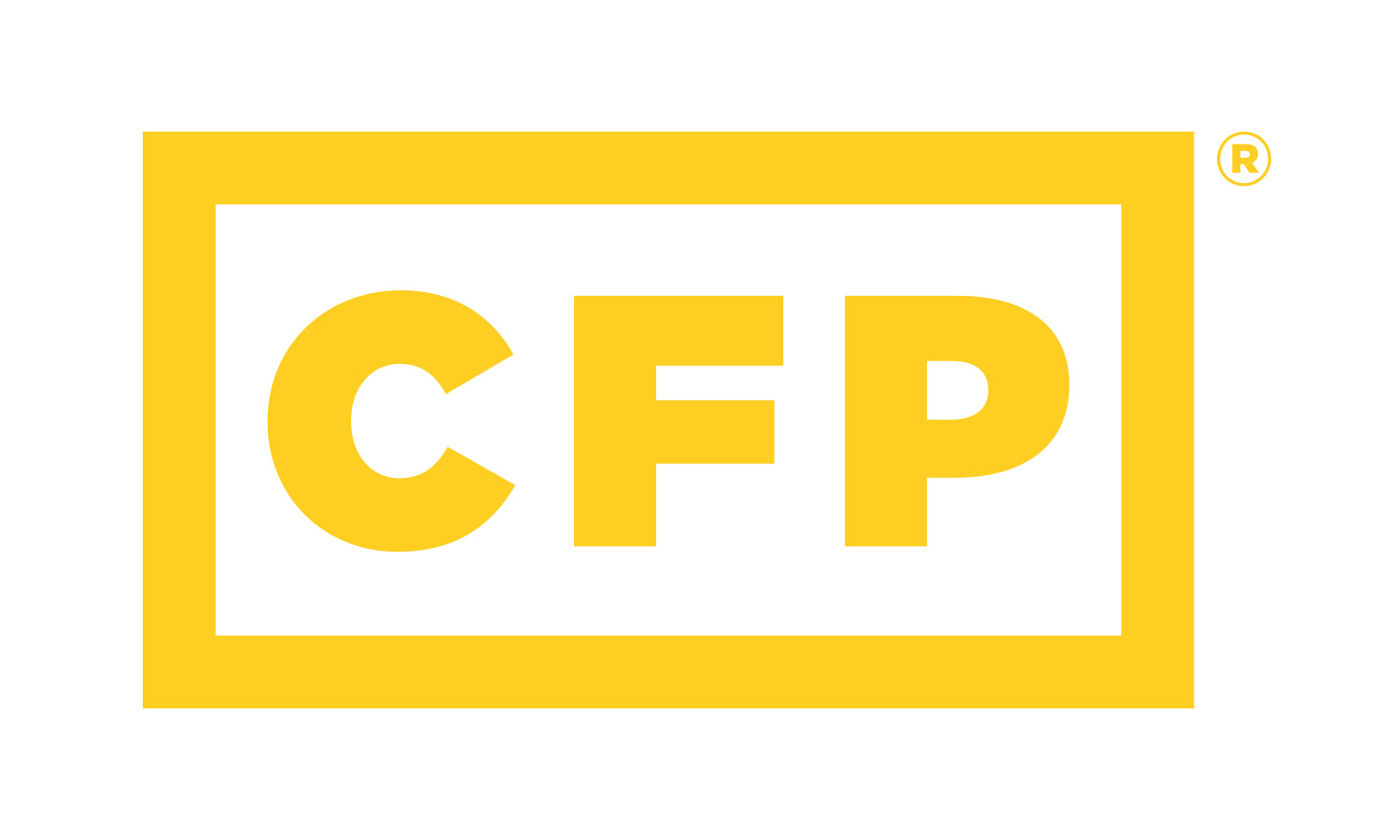In the medical field, you cannot practice medicine if you do not have a medical degree. Similarly, an attorney cannot practice law unless they pass the bar exam.
Unfortunately, this is not true in the financial services industry. Technically, anyone can call themselves a financial advisor, financial planner, financial consultant, or a variation of these terms without any certification. What makes this more confusing is that the Financial Industry Regulatory Authority (FINRA) currently recognizes 184 professional designations in the financial services industry.
Why choose a CFP® Pro?
The CERTIFIED FINANCIAL PLANNER™ certification is owned and awarded by the Certified Financial Planner Board of Standards, Inc. to financial advisors who meet certain initial and ongoing qualifications.
What makes the CFP® certification different from other certifications is that it revolves around the financial planning process. This challenging process brings together all the pieces of your financial life. For most Americans, this is usually more than just investing. CFP® practitioners must be experienced in money management, insurance planning, investment planning, retirement planning, tax planning, and estate planning.
A majority of financial advisors only have FINRA or insurance qualifications that allow them to sell or advise on certain types of products. Although these tests are mandatory for financial service professionals to be in the business, it does not teach how to be good at giving comprehensive advice. This is why I believe the CFP® certification is extremely valuable.
In my opinion, working with a CFP® designee is one of the best ways to determine if your financial advisor is competent and ethical. In a future article, I will discuss other methods that can help you narrow down your search for a financial advisor.
Initial Requirements
In order to become a CFP® professional, financial advisors are required to meet the following initial certification requirements (known as the four “Es”):
Education
- Candidates must attain a bachelor’s degree or higher from an accredited college or university. This is important because it is technically possible for a financial advisor without the CFP® certification to have never went to college.
- CFP Board’s coursework component requires the completion of a college-level program of study in personal financial planning. This includes the completion of a financial plan development (capstone) course.
Examination
- After successful completion of the required financial planning courses, candidates must pass the CFP® Certification Examination. This is a computer-based exam that tests one’s ability to apply and integrate knowledge from their financial planning studies.
- According to the CFP Board, the pass rate varies between 50%-70% depending on when the test was administered and if someone is retaking the exam.
Experience
- The CFP Board requires candidates to have 6,000 hours of professional experience (3 Years Full-Time) related to the financial planning process, or 4,000 hours of Apprenticeship experience (2 Years Full-Time) working under the direct supervision of a CFP® professional.
Ethics
- CFP® practitioners are held to a very high ethical standard. They are obliged to uphold the principals of integrity, objective, competence, fairness, confidentially, professionalism, and diligence as outlined in the CFP Board’s Code of Ethics.
- The Rules of Conduct require CFP® professionals to put your interests ahead of their own at all times as a fiduciary.
Continuing Education
Once certified, CFP® professionals must complete 30 hours of continuing educations (CE) accepted by the CFP Board. This includes two hours of ethics courses every two years.
How to Find a Certified Financial Planner™ Professional
The CFP Board makes it extremely easy to find a CFP® professional near you. If you wish to reach out to one, use their tool.


